Electric Car Charging Times
If you’re thinking about switching to an electric vehicle (EV), one of the biggest questions is always: “How long does it take to charge?”
Unfortunately for you, there’s no uniform answer. It completely depends on the vehicle. EV charging times vary based on a range of factors like battery size, charging speed, and the type of charger used.
This may sound complicated and slightly daunting (especially if you’ve never driven an EV before), but don’t worry, it's not. In this guide, we’ll break down EV charging times so you know what to expect, and provide advice on how to fit charging into your lifestyle. Let’s get into it:
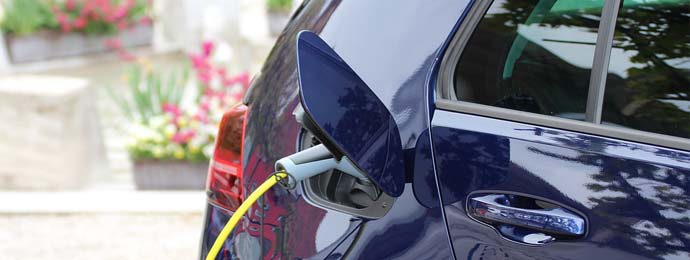
Just like electric car charging costs, there are several factors that can affect the charging time of an electric vehicle. Unlike when driving a petrol or diesel car, you can’t simply fill up an EV in a couple of minutes. You might be there for 15 minutes, an hour, or even 5 hours!
There are numerous factors that go into how long it takes to charge your EV:

Battery size
Larger batteries (measured in kWh) take longer to charge. A 40kWh battery charges quicker than an 80kWh one.

State of the battery
If you’re charging from empty, it will take longer to charge than if you’re topping up from 50%. This is why manufacturers recommend charging from 10-80%, as it’s faster and keeps your battery in optimal condition.

Vehicle max charging capacity
Not all EVs come equipped with the same charging capacity. Some are capped at 50kW, while others can go well beyond 200kW. The more powerful the charging capacity, the quicker you can charge.
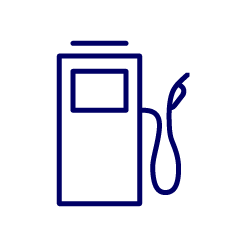
Charging power
The more power the charger delivers, the quicker the charge. This is linked with the vehicle max charging rate, as you’ll only be able to use chargers that your EV supports.

Weather conditions
Batteries charge slower in cold temperatures and also drain faster. We know this is out of your control, but it’s still something to consider.
The first thing you need to know is that there’s a range of chargers available, all of which charge at different speeds.
Typically, you’ll choose from slow, fast, and rapid/ultra-rapid chargers.
Slow chargers (up to 3kW)
Slow chargers typically deliver a power output of around 3.6kW, which takes around 12-24 hours to fully charge an average electric vehicle. They’re usually found at home or at work and can be plugged into three-pin sockets.
Due to their slow charging rate, they’re ideal for overnight use or during a prolonged stay in one place.
Pros:
- Accessible to anyone who can extend a cable from their vehicle to a household socket.
- Slow and steady charge that minimises battery wear.
Cons:
- Takes a long time to charge a regular EV.
Fast chargers (7-22kW)
Fast charging ups the ante and provides you with a bit more juice. Most fast-charging units operate between 7kW to 22kW and can usually charge a car in 4-10 hours, depending on battery size.
Fast chargers around the 7kW mark are usually wallbox chargers, which can be installed at home or at work. For more powerful fast chargers that reach the 22kW mark, you'll find these in public areas like shopping centres and car parks.
For more information on wallbox charging, check out our Home EV Charging with PodPoint.
Pros:
- Wide distribution across the UK.
- Perfect for overnight charging.
Cons:
- Can be time consuming to charge a severely depleted battery.
- Expensive installation.
Fast chargers are ideal for everyday use. They provide a good balance between speed and battery care, keeping your EV topped up without putting unnecessary stress on the battery.
Rapid & Ultra-Rapid Chargers (50-350kW)
Rapid and ultra-rapid charging is the go-to if you’re charging on the go. Typically boasting a power output from 50kW for rapid chargers to 350kW for ultra-rapid chargers, they’re designed for swift recharges during long trips and are usually found at motorway services or along major roadways.
For a rapid charger at 50kW, it takes around 45 minutes to charge an average EV up to 80%. Ultra-rapid chargers are a game changer and can add upwards of 100 miles of range in less than 30 minutes.
Pros:
- Efficient and convenient.
- Located on busy routes.
Cons:
- Regular use can damage the battery.
- Expensive to use.
Here’s a snapshot of typical charging times for some of the UK’s most popular electric cars:
Car | Battery Size | 7kW Charger (Home) | 50kW Rapid Charger | 150kW Ultra-Rapid Charger |
|---|---|---|---|---|
MG4 EV | 64 kWh | 9 hours | 60 mins | 35 mins (supports up to 135kW) |
Kia EV3 | 58.3 kWh | 5 hours 20 mins | 55 mins | 29 mins |
Tesla Model 3 Long Range | 75 kWh | 12 hours | 1 hour 30 mins | 30-40 mins (supports up to 250kW) |
Most EV drivers rarely charge from empty to full. A top-up from 10% to 80% is more common, healthier for the battery, and faster.
It’s the million pound question when it comes to charging your EV: “How can I reduce charging time?”
While you won’t be able to drastically reduce your charging time (due to battery and charging capacity constraints), there are a few tactics you can use to save a few minutes:
- Charge overnight - EV charging overnight is incredibly helpful, ensuring you have enough charge when you wake up. Rates are also lower overnight, helping you save some money.
- Avoid 100% charges unless needed - Going to 80% is quicker and helps battery longevity. It’s also unlikely that you’ll need 100% of your range, so don’t waste your time.
- Pre-condition your battery - Some EVs allow battery warming to speed up cold weather charging. Check if your EV has it.
- Install a wallbox - A wallbox at home is a game-changer. It’s 3x faster than a 3-pin socket and much safer, too. Energy companies also offer EV home charging tariffs, ensuring your electricity prices stay as low as possible.
Leasing advantage: Nationwide can help arrange wallbox installation as part of your agreement, meaning faster, easier charging from day one.
Using a public charging station is ideal for topping up quickly when you’re out and about. You’ll find a range of chargers at a public charging station, ranging from fast to ultra-rapid, allowing you to choose your preferred method.
- Where to find them - Apps like Zapmap and PlugShare help you find stations. So does our guide, Electric car charging points.
- Payment - Most accept contactless payments or subscriptions. It’s worth double-checking this before you arrive.
- Wait times - Charging stations at motorway services or along busy commuter routes can be busy at peak times, so ensure you plan ahead. If you’re commuting to work, factor charging time into your day to ensure you set off in time.
According to a study by uSwitch, 80% of EV drivers charge their vehicles at home. It's convenient, cost-effective, and simple.
Just plug your car in when you get home, and you’ll wake up the next morning to a charged battery.
- Home wallbox - Typically around 7kW, adding roughly 30 miles per hour of charging.
- Smart charging - Some chargers let you schedule charges during off-peak electricity rates. Handy if you’re trying to save some pennies.
- Installation - It takes a few hours and usually fits in your driveway or garage.
If installing a wallbox charger at home isn’t possible, don’t worry, there’s plenty of other EV drivers out there in the same situation. While it may require a bit more planning than home charging, top-up charging is a method that’s become increasingly popular.
Instead of waiting until you get home to charge, top-up charging is a method of charging on the go at places such as work, the gym, and shopping centres.
While this may seem impractical, it’s becoming more feasible thanks to the growing UK charger network. As of May 2025, there are over 16,000 rapid and ultra-rapid charging points in the UK, allowing drivers to get quick miles into their EVs (Zapmap).
Top-up charging eliminates the need for long charging sessions and allows flexibility while driving. It’s perfect for people who like to go with the flow.
“Top-up charging suits modern life perfectly. You can plug in while doing everyday tasks and keep your EV topped up without even thinking about it.”

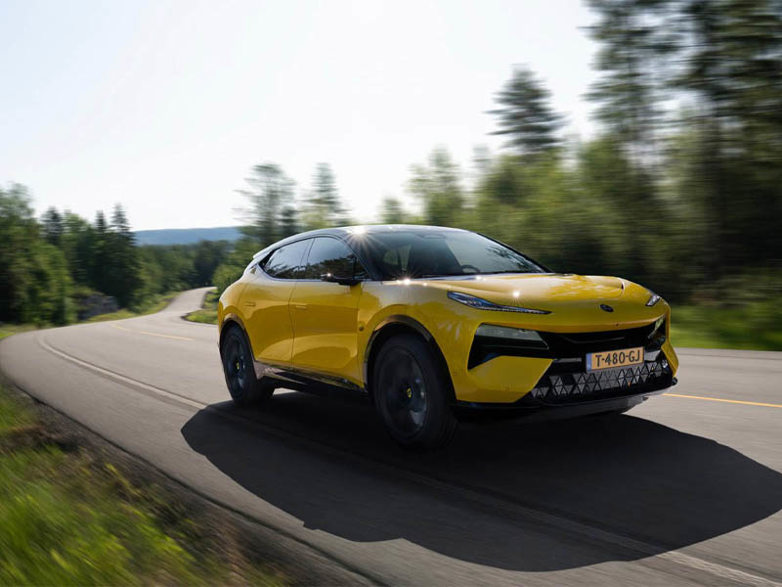
1. Lotus Eletre
The Eletre is a hyper SUV that offers serious performance. A 0-62mph of just 2.95 seconds, to be exact. It has a range of up to 373 miles and comes equipped with 350kW hyper-fast charging, which can load 250 miles of range in just 20 minutes.
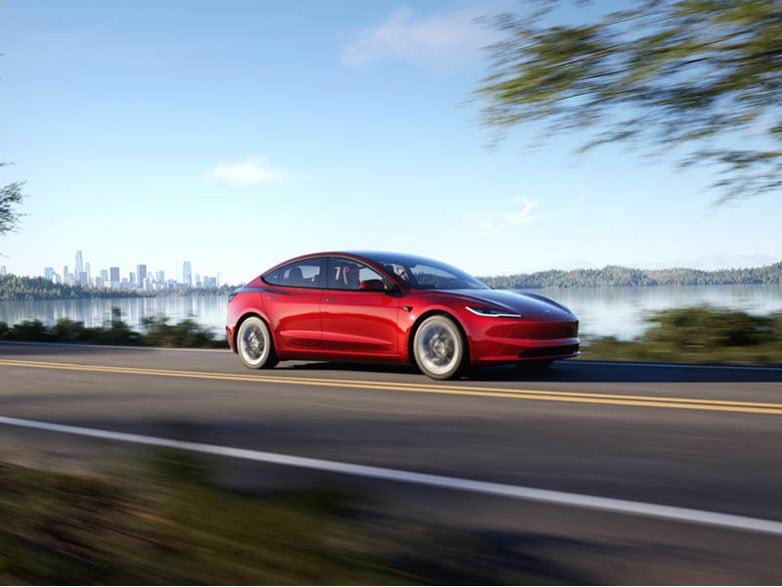
2. Tesla Model 3
Tesla has been constantly at the forefront of charging technology, and the Model 3 continues to set the pace. It’s available with charging up to 250kW, which can add up to 175 miles of range in 15 minutes.
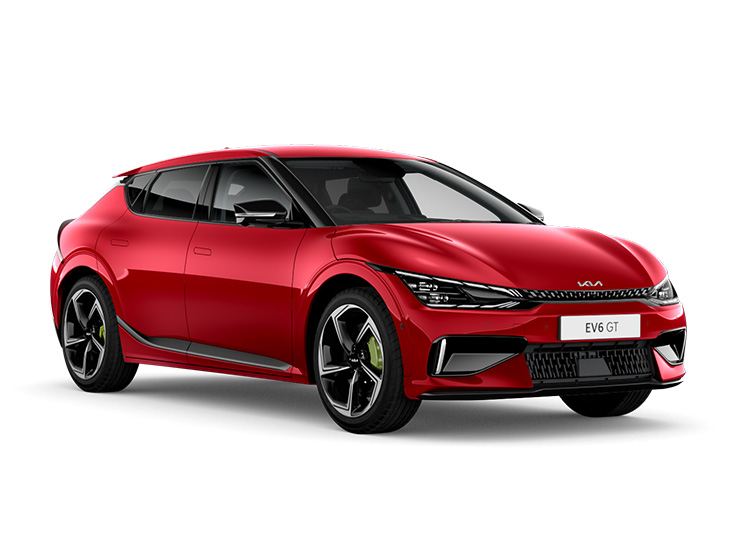
3. Kia EV6
Kia has been making waves in the EV market in recent years, and the best example is the EV6. An ‘electric all-rounder’, it comes with ultra-fast charging that can charge the battery from 10-80% in just 18 minutes.

4. Porsche Taycan Saloon
The Taycan is one of the most sought after sports cars on the market. As well as having elegant Porsche styling and frightening power, it comes with charging of up to 320kW!
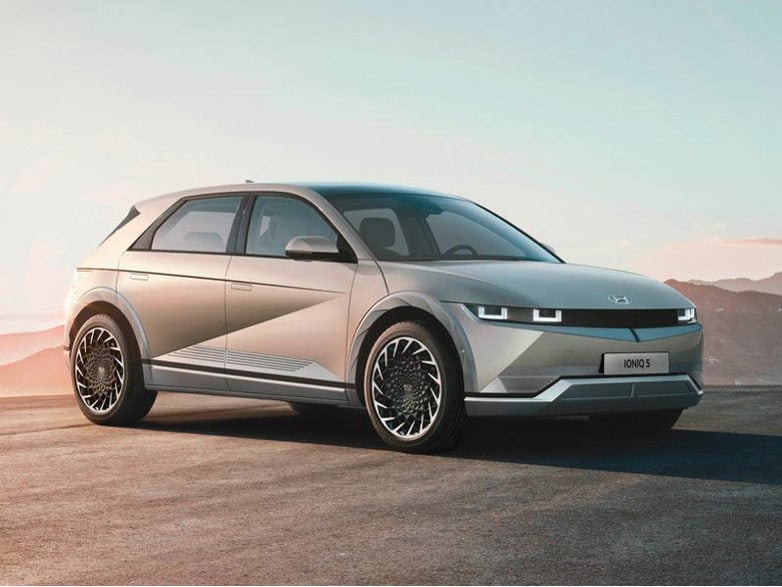
5. Hyundai Ioniq 5
The Ioniq 5 is an electric crossover that ticks a lot of boxes. It offers up to 354 miles of range and comes with 800V charging technology as standard, allowing ultra-fast charging. This takes the battery from 10-100% in just 18 minutes!
Charging an EV is simpler than most people think. Once you’re familiar with your car’s range and habits, it becomes second nature, especially with home charging or regular top-ups.
And if you’re still unsure, leasing an EV is a fantastic way to get started. You can drive the latest EVs with the latest tech without the long-term commitment.
Explore our latest electric car lease deals and find your perfect match today.
Guide Information
Originally published: 24th June 2021
Last updated: 17th June 2025
Due to be reviewed: 16th June 2026
